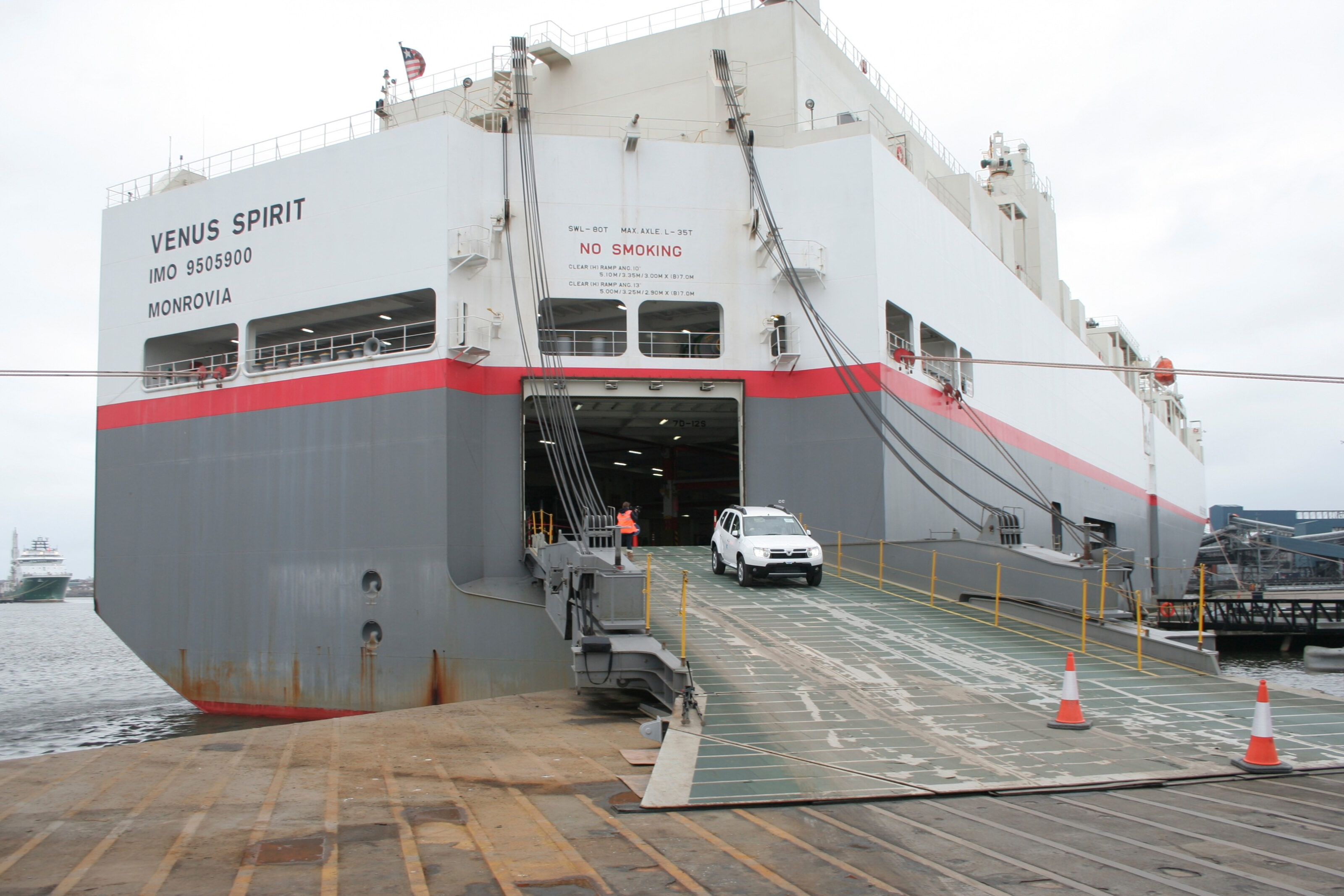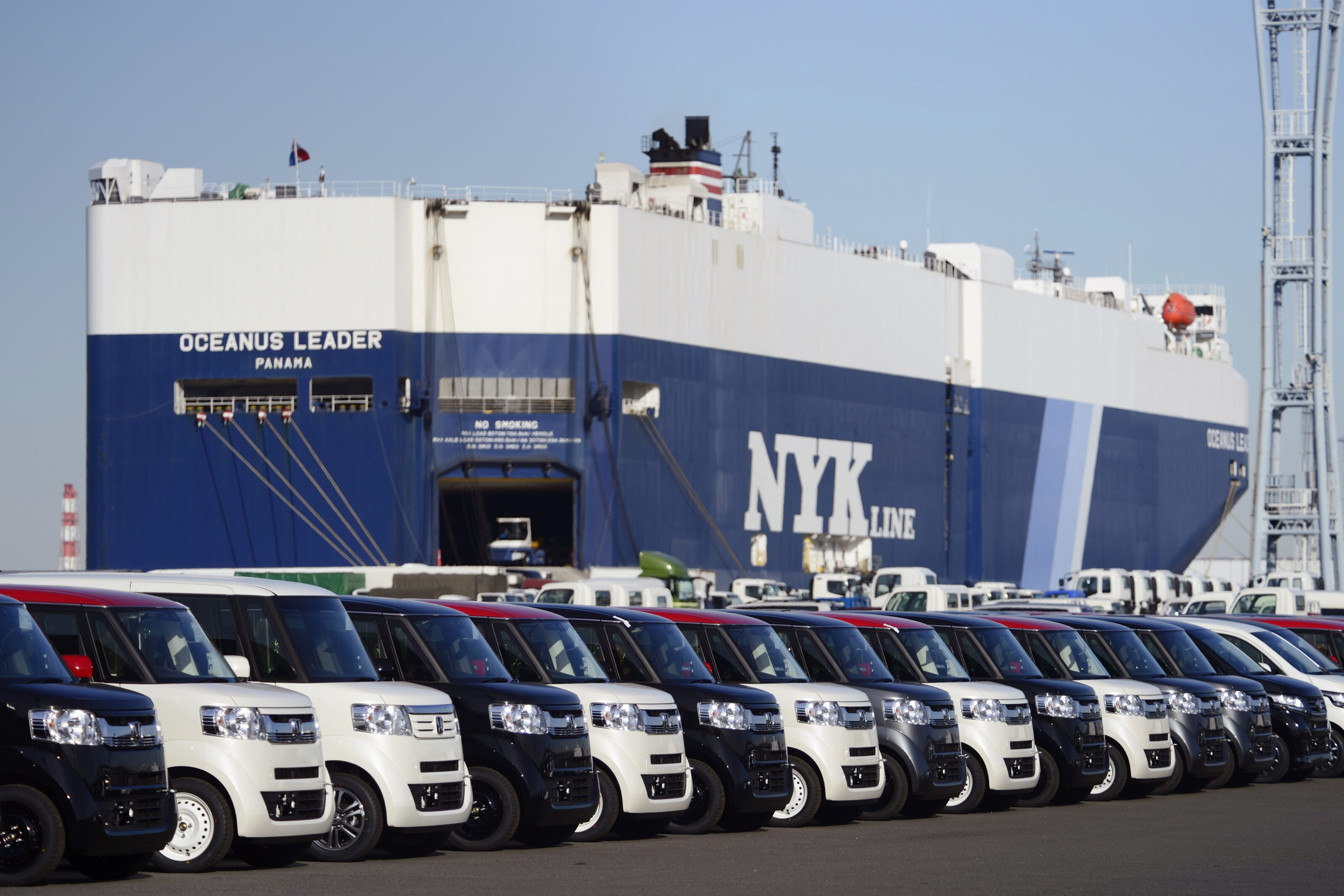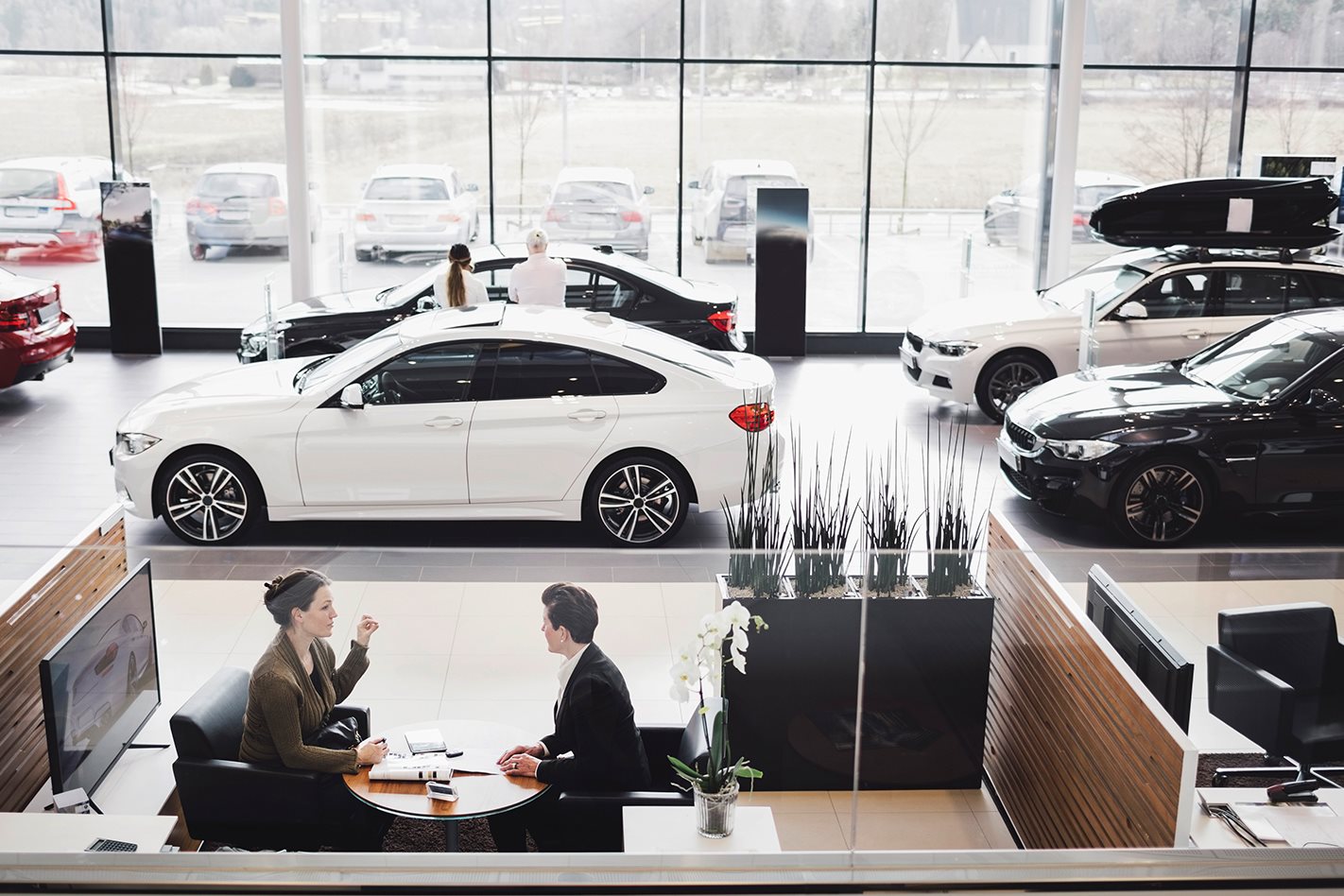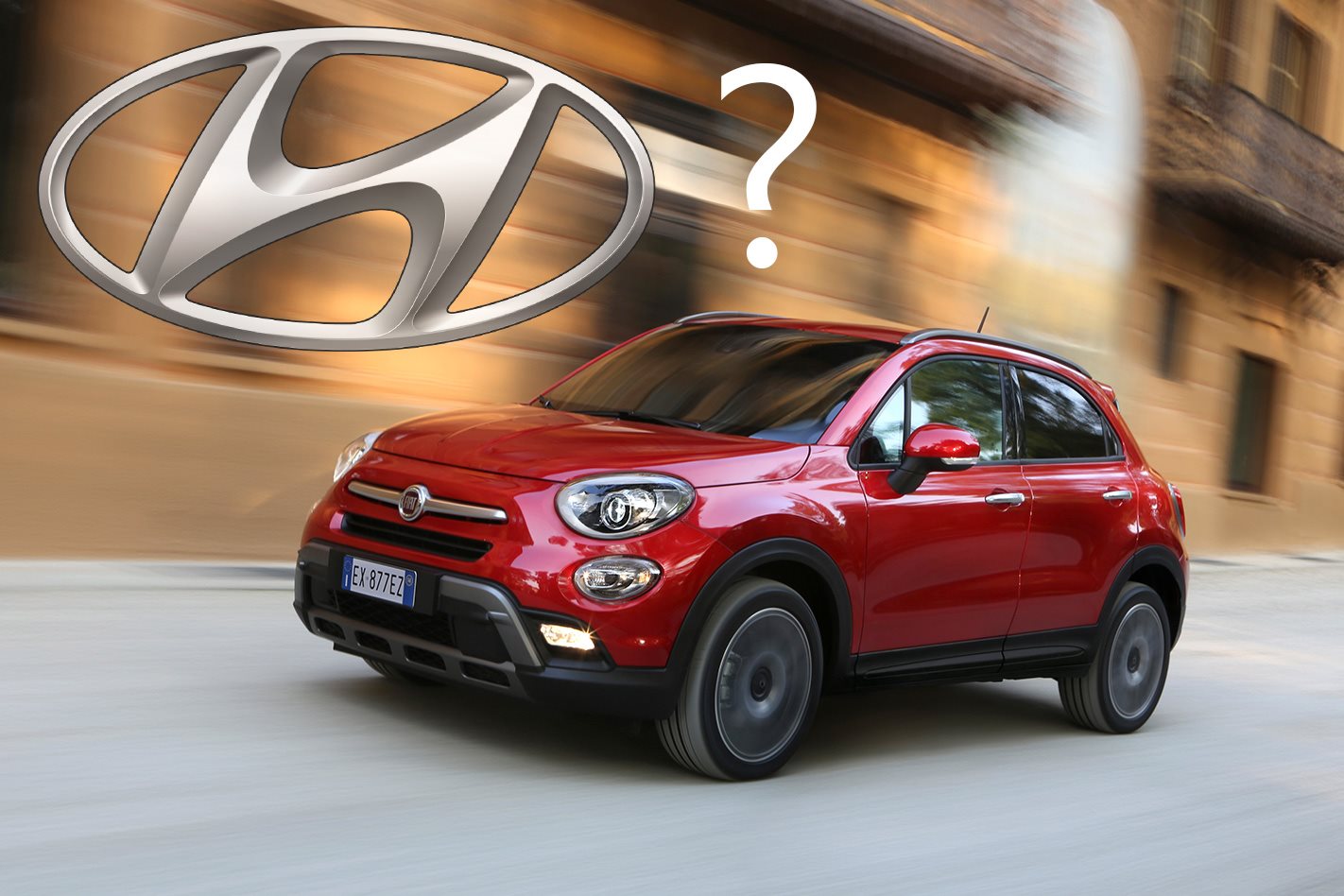Federal minister adds to fears that Australia will open the floodgates to parallel imports
THE Federal Government appears to have officially thrown its weight behind calls to allow Australians to buy new and used cars made for other world markets
Assistant Minister for Infrastructure, Jamie Briggs, has confirmed to ABC Radio that the government is keen to relax parallel – or “grey” – imports legislation to allow Australians to buy the safest and best cars at the best price.
“The real issue here is why regulate if you’re now part of a global regime?” Briggs said in an interview aired this morning.
“We allow people to purchase all sorts of goods from overseas on the internet.
“There seems no reason why we shouldn’t allow people to buy new cars from overseas markets if there’s an opportunity to do so,” he said.
The government is under more pressure to relax the parallel import laws, with a Competition Policy Review released late last month supporting an earlier Productivity Commission recommendation that laws restricting the free import of vehicles be lifted once a framework regulating what could be imported was set.
The strong support has come as a shock to Australia’s already crowded new-car market – more than 60 brands selling more than 350 models vie annually for about 1.1 million sales – with fears of the floodgates opening to cheap imported cars not built to Australian conditions.
The largest importer of luxury cars in Australia, Mercedes-Benz, believes buyers will be the big losers if the import laws are relaxed.
“We’re not concerned about competition – we already operate in a very competitive market – we operate in the real world, customers buy cars in the real world,” Mercedes-Benz Australia public relations, product and corporate communications senior manager David McCarthy said.
“We’re not a group of academics sitting in an ivory import-protected tower discussing whether the earth is flat.

“But there is an issue here that’s really important … How are they going to protect the consumer who goes online and buys a car online, from a right-hand-drive market, and buys it cheaper, how are they going to protect that consumer?
“Has it been involved in an accident; is it under finance; has it been stolen; is it as described?”
McCarthy said a car imported by and bought from an Australian dealer guaranteed the title of the vehicle.
“If you want to know if it’s been stolen; is it under finance; has it been involved in a serious accident, the state registration authorities maintain those registers,” McCarthy said.
“If you buy a car on the internet, how is the government going to protect you? This is a really serious issue.”
McCarthy’s views are supported by the people who sell the cars to customers. In a submission to the Competition Policy Review panel looking into allowing grey imports of new and used cars, the Australian Automotive Dealers Association, which represents the interests of $17 billion in dealers’ new-car showroom investments rather than importers, warned the removal of restrictions on parallel importing would introduce new costs that were were unlikely to make them any cheaper.
These extra costs included establishing Customs procedures designed to ensure the provenance of the car matched the one being imported, and setting the framework for consumer protection if a grey import deal turned sour, it said.
Australia’s third largest brand, Holden, said both it and its dealer network shared the industry’s “serious concerns” around grey import laws.
“The proposed relaxation of the laws will negatively affect new car sales, directly impacting jobs in Australian dealerships,” the carmaker said in a statement.
“Grey imports also pose substantial risks to consumers in terms of protecting warranty arrangements and vehicle safety.”
From 2017, Australia will have no local car manufacturing industry to protect from full line importers.
The Australian Government has already started winding back import tariffs on cars imported from some of the world’s largest automotive manufacturers, including Japan, South Korea, Thailand and the US.
However, rather than pass on savings, most of the carmakers benefitting from tariff cuts say they have tipped the money into making their cars better equipped.
Almost three quarters of the 1.1 million new vehicles sold in Australia last year are now eligible to be sold in Australia tariff-free.





